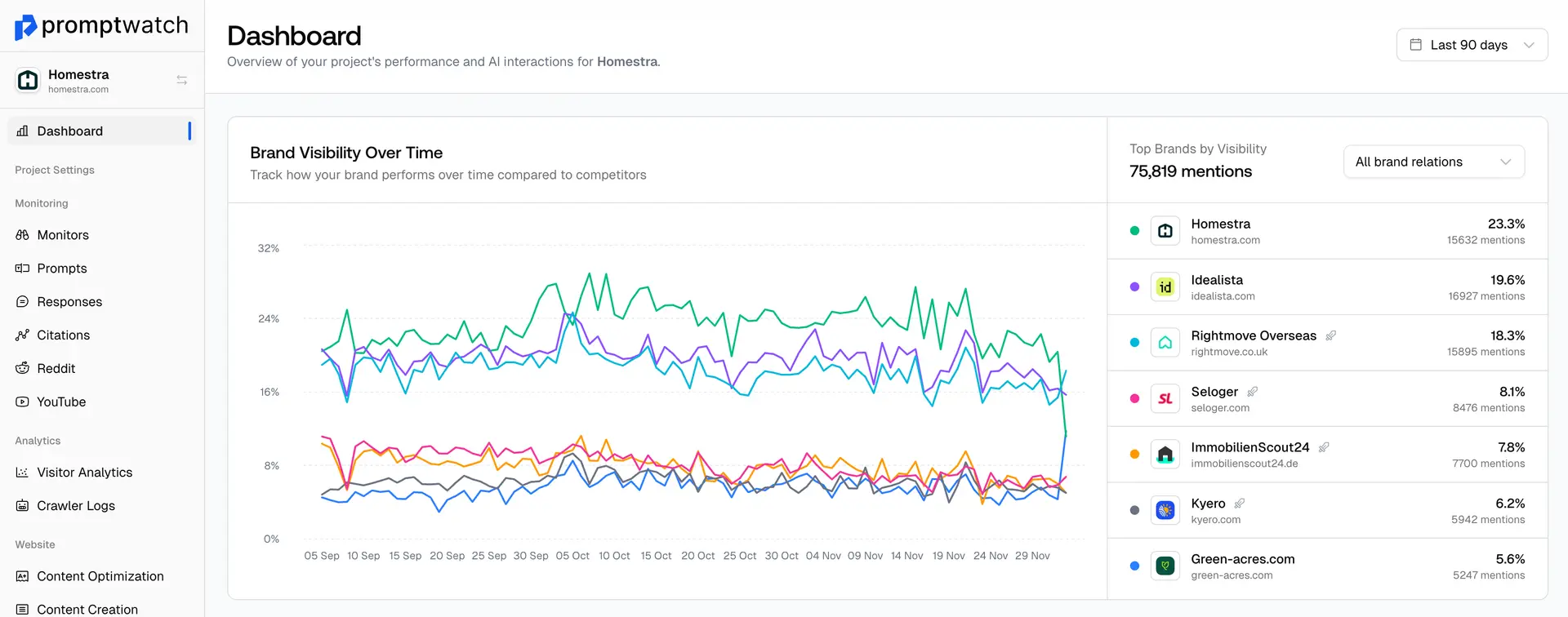Definition
A knowledge graph is a database that stores information in a graph structure, connecting entities, facts, and relationships. Google's Knowledge Graph powers many SERP features and helps AI systems understand context and relationships between different pieces of information.
This structured approach to information storage allows search engines and AI systems to understand the connections between different concepts, enabling more sophisticated and contextual responses to user queries.
Examples of Knowledge Graph
- Knowledge panels showing business information
- Related entity suggestions in search results
- AI systems using knowledge graphs for better understanding
